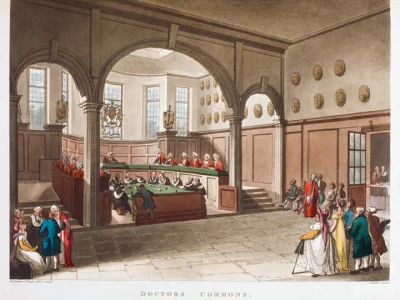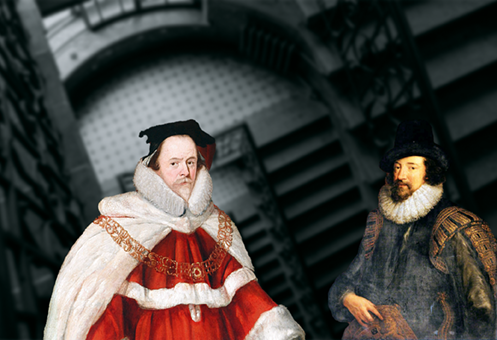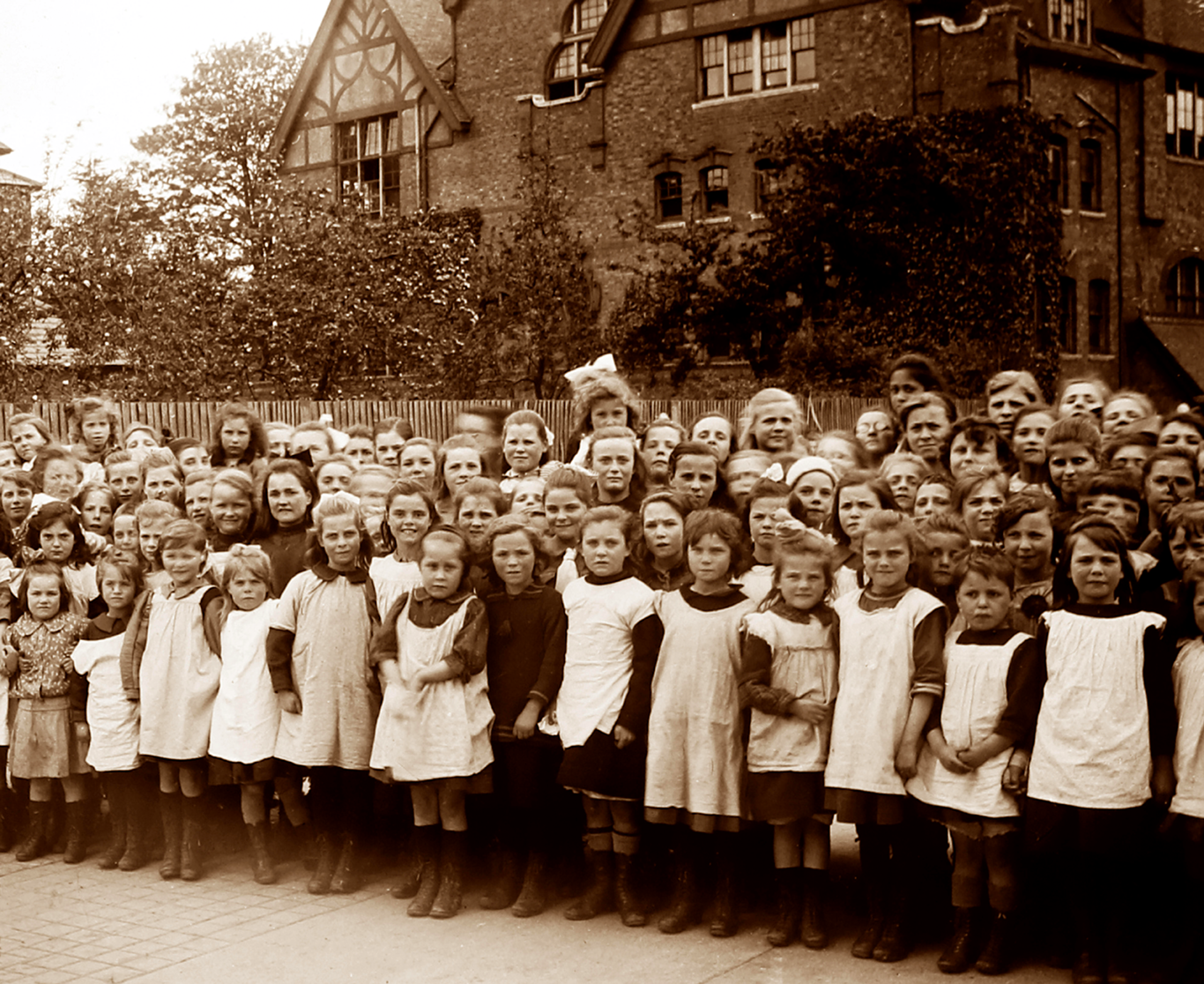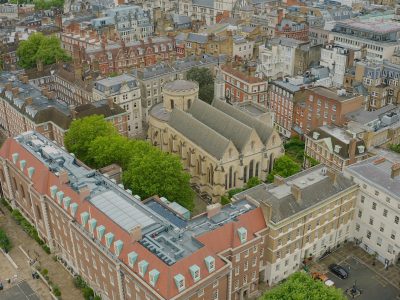

History Society Review: Reflecting on a Year of Insight and Scholarship at The Inner Temple
The Inn’s commitment to legal education and intellectual engagement has thrived in the last year. There are various series of lectures and discussions aimed at not only expanding our understanding of the law in its social context but also celebrating the rich history that moulds it. This year, The Inner Temple History Society has shot its spotlight on influential legal figures, historical rivalries and landmark cases, each contributing to the tapestry of our legal heritage.
For the last five years, The Inner Temple History Society has collaborated with the Selden Society and the history societies of the other Inns to present an important public lecture on aspects of legal history which are of general interest.
In October 2024, Rt Hon Lord Neuberger delivered the Selden Society’s Inns of Court Annual Lecture. In the talk A Scotsman Caught Young: Influences Which Shaped Lord Mansfield, Lord Neuberger spoke of the formative experiences that shaped one of the most pivotal figures in English law. Lord Mansfield’s exceptional legal mind and innovative approach have left an indelible mark on the common law, particularly regarding the emergence of commercial law and the concept of justice.
Lord Neuberger not only considered Lord Mansfield’s legacy but encouraged an examination of how the influences of culture and personal experience shape legal thought. His insights into Mansfield’s early years provided a compelling narrative of intellectual evolution and personal hardship, prompting reflection on the intersection of biography and legal history in shaping the working of the judicial mind and, through that, precedent.

Also in October 2024, The Inner Temple’s own History Society in its Michaelmas term talk dealt further with that theme. The Rt Hon Jesse Norman MP captured the audience’s attention with his exploration of the intense rivalry between Sir Edward Coke and Sir Francis Bacon in his lecture, The Winding Stair: Inside the Bitter Rivalry of Edward Coke and Francis Bacon (and its consequences). These two seminal figures, from The Inner Temple and Gray’s Inn respectively, not only vied for power during a politically tumultuous era but also engaged in a profound intellectual contest that had an impact on the course of English and, indeed, American legal thought.

The vivid narrative underscored how personal vendettas transcended professional boundaries, influencing judicial decisions and public policies. The friction between Coke’s use of legal history and, in particular, the Magna Carta to support what we now think of as human rights and Bacon’s pragmatic pro-executive approach resonates to this day. Understanding this rivalry illuminates the ongoing struggle to maintain the rule of law in the face of a wilful executive.
The spring 2025 talk involved further collaboration between the Inns, this time between Inner and Middle Temple, and a change of format. On March 26, Master Doe and the Dean of Arches, Morag Ellis KC, spoke of the rich history of the ecclesiastical legal system in their joint lecture entitled The Court of Arches: The Appeal Court of the Archbishop of Canterbury. Through meticulous historical analysis, Professor Doe traced the evolution of the Court of Arches from its medieval roots through the Reformation, whilst the Dean of Arches highlighted the present-day workings of the court since the Ecclesiastical Jurisdiction Act of 1963.
Together, their exploration demonstrated the enduring relevance of ecclesiastical law in contemporary legal practice, emphasising its foundational principles and ongoing contribution.
Together, their exploration demonstrated the enduring relevance of ecclesiastical law in contemporary legal practice, emphasising its foundational principles and ongoing contribution.
In the summer term talk, Professor Michael Lobban of Oxford University provided another compelling narrative with Religious Disputes and the Custody of Children: Dr Barnado in the House of Lords. In the context of the 19th century, he examined the pivotal role of religion in shaping child custody disputes, particularly through the lens of Dr Barnado’s fervour against Catholic agencies seeking custody of children.
The cases he highlighted reflected broader societal tensions regarding religious identity and parental rights, situating Dr Barnado’s battles within a framework of legal reform that would ripple through subsequent generations. The challenges he faced continue to resonate in modern debates concerning the intersection of religion and family law.
The past year at The Inner Temple has fostered a rich dialogue around the intertwining of law, history and literature. Each session has brought forth new insights and questions, while reminding us of our duty to learn from the past as we navigate the challenges of the future. Looking ahead, we eagerly anticipate more opportunities for engagement, scholarship and growth as we build upon the foundations laid by those who came before us.

The next legal year will be equally interesting. On 29 October 2025, The Inner Temple History Society will host an important symposium. The Inn has acquired an early (fourth edition) of John Milton’s Paradise Lost, once owned by Charles Killigrew, Queen Anne’s Master of the Revels, and annotated with the names of various nobles and notable members of the Inn.
The Inn’s current Master of Revels, Dr Tom Kinninmont, in conversations with Professor Joe Moshenka and Dr William Poole, will consider the cultural and historical significance of Milton’s work within the legal and political sphere. The inclusion of stage directions and annotations revealing the names of influential figures presents new avenues for exploration of the role of literary works in shaping the cultural life of the Inn in the late 17th and early 18th centuries. As far as current research shows, it was never in fact performed in the Inn, but it is hoped that Master Kinninmont will direct a semi-staged version of part of the work in 2026.
Two further important talks will be of very great interest, not least because of the eminence of the speakers. The 2025 Selden Society and Four Inns’ talk will be delivered on 11 November 2025 by Master Jonathan Sumption (Lord Sumption) on the subject The Judge as Historian. In the spring of 2026, Master Professor Sir John Baker will talk on the earlier history of the Bar, attorneys and serjeants at law. He will address some of the misapprehensions about the divided profession, the reason why we had serjeants and how the domestic degree of barrister became a qualification. In so doing, he will also correct some of the urban myths that have begun to appear on the web and elsewhere about the Inn and the early profession.
His Honour Donald Cryan (Hon) LLM
Chair of the History Society
innertemple.org.uk/historylectures
Selden Society-Inns of Court Annual Lecture 2024:
innertemple.org.uk/mansfield
